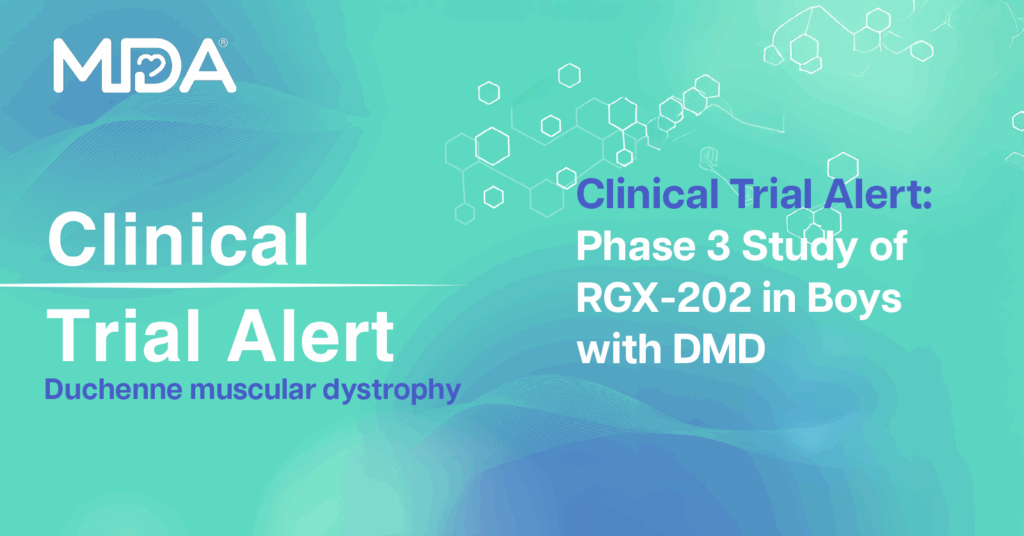
Roche Genentech Announces Positive Results from Pivotal Study of Risdiplam in SMA Type 1
By Jeanene Swanson | Friday, January 31, 2020
On Jan. 22, Genentech, a member of the Roche Group, announced positive results from the second part of its pivotal phase 2/3 FIREFISH clinical trial assessing risdiplam in infants age 1 to 7 months with spinal muscular atrophy (SMA) type 1. The company announced that the study met its primary endpoint, which was a proportion of infants who could sit without support for at least five seconds at 12 months of treatment; sitting was assessed by the Gross Motor Scale of the Bayley Scales of Infant and Toddler Development – Third Edition (BSID-III). No patients withdrew from the study because of safety issues, and no new safety signals were identified in the trial. Full results from the FIREFISH study will be presented at an upcoming medical congress.
Late last year, Genentech announced that the US Food and Drug Administration (FDA) accepted the company’s New Drug Application (NDA) seeking approval under Priority Review for risdiplam, with an anticipated decision expected by May 24, 2020. The company’s NDA submission included data from 12 months of the initial dose-finding parts of the company’s pivotal FIREFISH and SUNFISH trials, as well data from the confirmatory second part of SUNFISH, which enrolled patients with SMA types 2 or 3. Previously, the FDA granted Orphan Drug and Fast Track designations to risdiplam in January 2017 and April 2017, respectively.
SMA is caused by a mutated or missing survival motor neuron 1 gene (SMN1) that prevents the body from making enough survival motor neuron protein (SMN). In addition to the SMN1 gene, there is also an SMN2 gene that serves as a “backup” gene for making the SMN protein, though it is not fully functional. Risdiplam is an investigational SMN2-splicing modifier designed to help the SMN2 gene produce more functional SMN protein. Risdiplam’s development is part of a collaboration between Genentech, PTC Therapeutics, and the SMA Foundation.
About the trial
The phase 2/3 FIREFISH trial was designed to assess, in infants age 1 to 7 months with SMA type 1, risdiplam’s efficacy, safety, tolerability, pharmacokinetics (how a drug is absorbed, distributed, and metabolized in the body), and pharmacodynamics (how a drug behaves in the body, including whether, and how much of, a drug reaches its target; correlations between dose and response; and the presence or absence of various other intended or unintended effects). The trial’s first part (with a total of 21 participants) assessed the safety profile of risdiplam and determined the dose for the second part.
In the dose-finding first part of the study, 10 of 17 infants had a CHOP-INTEND score of at least 40 after 12 months of treatment; by 16 months of treatment, 14 of the 17 infants had a score of at least 40, which is hardly ever seen in untreated infants with SMA type 1. (CHOP-INTEND, or Children’s Hospital of Philadelphia Infant Test of Neuromuscular Disorders, is a measure for evaluating motor skills of infants with SMA type 1.)
The second part (with a total of 41 participants) assessed efficacy as measured by the proportion of infants who could sit without support after 12 months of treatment, and longer, assessed by the Gross Motor Scale of the BSID-III. It was announced that the study met its primary endpoint, which was a proportion of infants sitting without support for at least five seconds at 12 months of treatment.
The BSID-III is a test designed to assess the developmental functioning of infants, toddlers, and young children age 1 to 42 months. Its purpose is to identify and document possible delay in cognitive, language, motor, adaptive, and social-emotional development.
For more information about the results, read Genentech’s press release. Risdiplam is currently being evaluated in four clinical trials in people with SMA. To learn more about the FIREFISH, SUNFISH, JEWELFISH, and RAINBOWFISH trials, visit ClinicalTrials.gov and enter “NCT02913482,” “NCT02908685,” “NCT03032172,” and “NCT03779334,” respectively, in the search box.
TAGS: Clinical Trials, Drug Development, Research, Research Advances
TYPE: Blog Post
Disclaimer: No content on this site should ever be used as a substitute for direct medical advice from your doctor or other qualified clinician.




